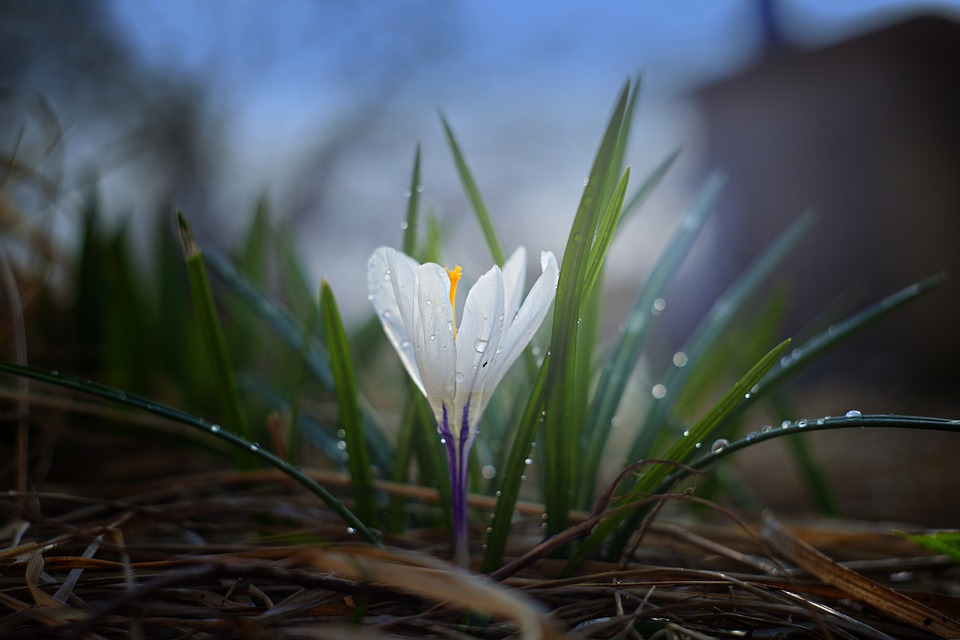Introduction
Welcome to the world of outdoor garden growing! Whether you’re an experienced gardener or just starting out, there are always tips and tricks to learn that can help you achieve success in your garden. In this article, we will unveil some of the best-kept secrets to thriving outdoor garden growing. From choosing the right location to pest control, we’ve got you covered. So, read on and discover how to make your garden flourish!
Choosing the Ideal Location
The first step to a successful outdoor garden is selecting the optimal location. Most plants require at least six hours of sunlight per day, so choose a spot that receives sufficient sunlight. Additionally, consider factors such as soil quality and drainage. A soil test can help you understand the composition of your soil and make necessary amendments. Finally, consider proximity to a water source to make watering convenient.
Selecting the Right Plants
Choosing the right plants for your garden is crucial. Consider climate, soil type, and your personal preferences. Native plants are often well-suited to the local climate and require less maintenance. Pay attention to the plant’s requirements for sunlight, water, and spacing to ensure they thrive in your garden. Additionally, consider companion planting to promote natural pest control and enhance overall garden health.
Proper Watering Techniques
Watering is essential for the healthy growth of your plants. The key is finding the right balance. Too much water can lead to root rot, while too little can cause dehydration. Water your garden deeply and infrequently, allowing the top inch of soil to dry out before watering again. Use a soaker hose or drip irrigation system to deliver water directly to the roots. Mulching can help retain moisture in the soil and reduce evaporation.
Soil Enrichment and Fertilization
Healthy soil is the foundation of a thriving garden. Enhance your soil’s fertility by adding organic matter such as compost or well-rotted manure. This will improve soil structure, promote nutrient availability, and enhance water retention. Additionally, consider using organic fertilizers to provide essential nutrients to your plants. Avoid over-fertilizing, as it can result in excessive growth or nutrient imbalance.
Pest Control Methods
Dealing with pests can be a common challenge in outdoor gardening. Instead of relying on chemical pesticides, opt for natural pest control methods. Encourage beneficial insects like ladybugs and lacewings, which feed on pests. Planting specific herbs and flowers such as marigolds, basil, and lavender can also repel pests. Regularly inspect your plants for signs of pest infestation to catch problems early.
Pruning and Maintenance
Regular pruning is essential for maintaining healthy plants and a tidy garden. Prune your plants to remove dead or diseased branches, improve air circulation, and shape their growth. Additionally, remove weeds regularly to reduce competition for nutrients and water. Mulching can help suppress weed growth and also regulate soil temperature.
Protecting Your Garden
Protecting your garden from external factors such as extreme weather conditions or wildlife is crucial. Erecting a fence or using netting can keep out animals that may damage your crops. Consider using row covers to protect plants from frost or providing shade during intense heat. Cover tender plants during storms to prevent damage. Observing your garden closely and taking preemptive action can save your plants from harm.
FAQs Section
1. How often should I water my garden?
Water your garden deeply and infrequently, allowing the top inch of soil to dry out before watering again. This encourages plants to develop deep root systems and become more resilient to drought conditions.
2. Are chemical pesticides necessary for pest control in my garden?
No, chemical pesticides are not necessary for pest control. Instead, opt for natural pest control methods such as attracting beneficial insects, planting pest-repelling herbs and flowers, and regularly inspecting your plants for signs of infestation.
3. How can I improve soil quality in my garden?
You can improve soil quality by adding organic matter such as compost or well-rotted manure. This will enhance soil structure, nutrient availability, and water retention.
4. How can I protect my garden from extreme weather conditions?
To protect your garden from extreme weather conditions, consider using row covers, shades, or providing temporary shelter during storms or intense heat. Observing your garden closely and taking preemptive action can also help prevent damage.




